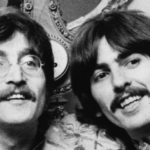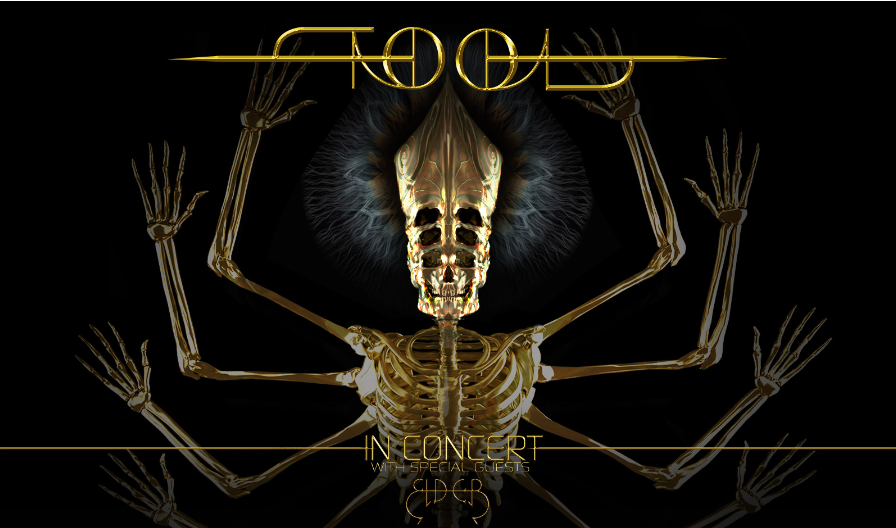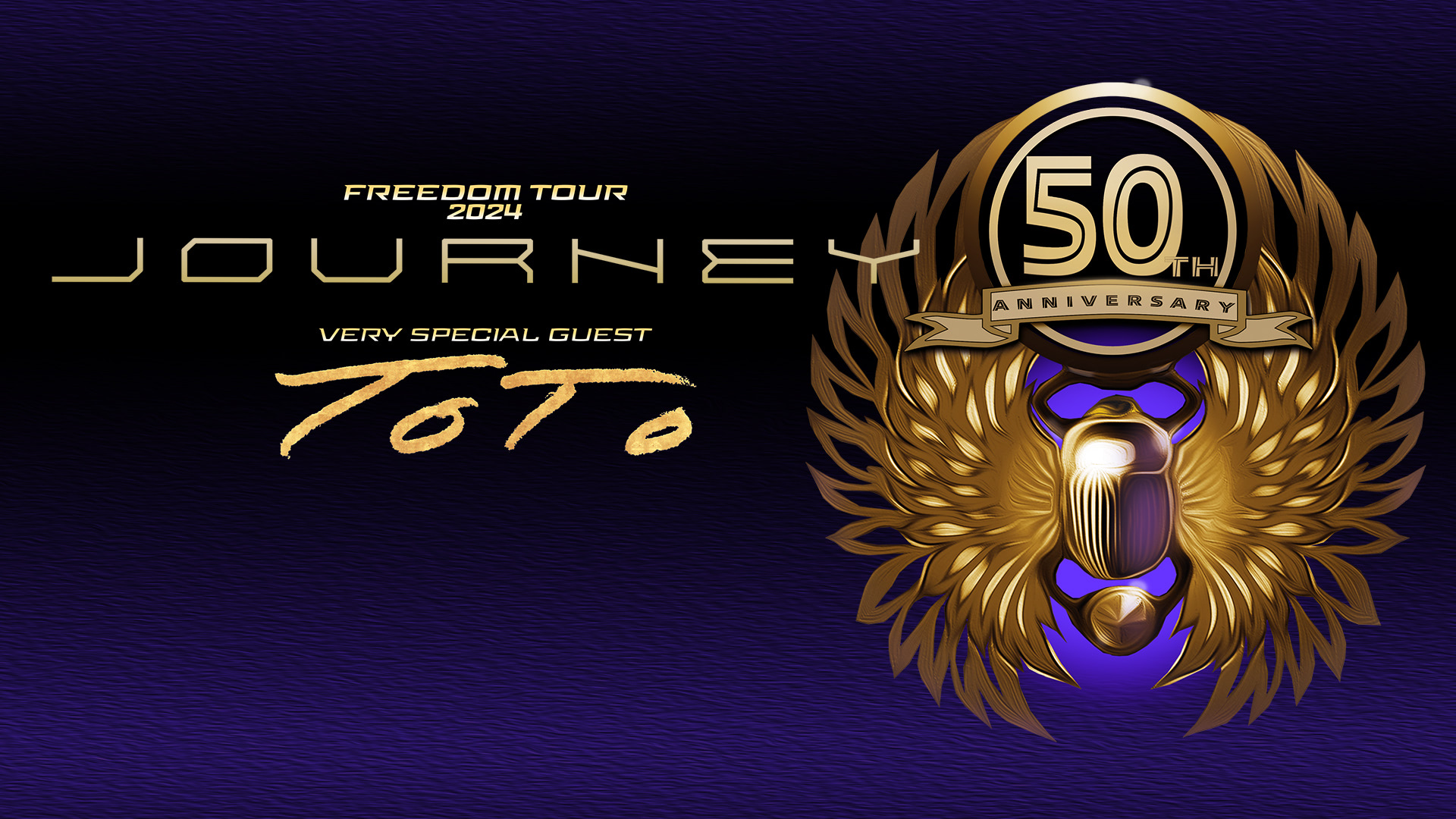Remembering a Melodic Legend
The world mourns the loss of Tony Bennett, an iconic singer who graced the stage for over seven decades with his jazz-influenced voice and timeless interpretations of classic American songs. On Friday, at the age of 96, Tony Bennett passed away at his Manhattan home, leaving behind a legacy that touched the hearts of generations of music enthusiasts.

A Storied Career and Timeless Contributions
Tony Bennett’s musical journey was one of remarkable longevity and unwavering dedication to preserving the American songbook. From his early successes at the Paramount in Times Square during the 1950s to his unforgettable duets with contemporary artists like Lady Gaga in recent years, Bennett captivated audiences with his warm and inviting persona. Despite being diagnosed with Alzheimer’s disease in 2016, he continued to perform and record, captivating fans until his last public appearance in 2021 at Radio City Music Hall.

Born Anthony Dominick Benedetto on August 3, 1926, in the Long Island City neighborhood of Queens, New York, Tony Bennett grew up in a working-class family in Astoria. His love for music was inspired by his father, Giovanni, who emigrated from Calabria, Italy, at a young age. Giovanni sang Italian folk songs to his children and instilled in Tony a deep appreciation for music from a young age.
In his early years, Tony Bennett’s musical talents began to shine when he sang alongside Mayor Fiorello La Guardia at the opening of the Triborough Bridge in 1936. After briefly attending the High School for Industrial Arts in Manhattan, he dropped out and took on various odd jobs before pursuing a career as a singer, performing at amateur shows and working as a singing waiter.
The Unforgettable Voice
Tony Bennett’s voice was often described as elusive and captivating, with a quality that instantly drew listeners in. It wasn’t the traditional powerhouse voice of his contemporaries like Frank Sinatra or Bing Crosby, but rather a melodic clarity that showcased his exceptional storytelling abilities. Critics often found it challenging to put into words the appeal of his voice, but one thing was clear: Bennett’s approach to music was genuine, skillful, and lacking in pretension, making his performances timeless and endearing.

John S. Wilson, writing in The New York Times in 1962, described Bennett’s voice as “small, thin, and somewhat hoarse.” Yet, he used it with shrewdness and skillful lack of pretension, delivering performances that resonated with audiences across generations. Whitney Balliett, the longtime jazz critic for The New Yorker, referred to Tony Bennett as “an elusive singer” capable of being a belter, a lilting jazz singer, or a low-key supper-club performer. Bennett’s voice effortlessly bound together all these vocal qualities, leaving a lasting impression on anyone who heard him sing.
Alec Wilder, a composer and critic, summed it up best when he said, “There is a quality about [Tony Bennett’s voice] that lets you in.” Indeed, what many listeners (including the critics) discovered about Tony Bennett was something intangible: the care with which he treated both the song and the audience.
A Remarkable Life Beyond Music
Tony Bennett’s impact went beyond the world of music. As a lifelong liberal Democrat, he participated in civil rights marches and performed for influential figures like Nelson Mandela and Queen Elizabeth II. Bennett’s commitment to civil rights was exemplified when he joined the Selma-to-Montgomery civil rights march in 1965, standing in solidarity with activists fighting for equality.
In 1965, Tony Bennett, along with Harry Belafonte, Sammy Davis Jr., and others, performed at the Stars for Freedom rally on the City of St. Jude campus on the outskirts of Montgomery, the night before Dr. Martin Luther King Jr. delivered the historic “How Long? Not Long” speech. After the march, Tony Bennett found himself in the company of Viola Liuzzo, a volunteer from Michigan who had driven him to the airport. Tragically, she was murdered later that day by members of the Ku Klux Klan.
Mr. Bennett also performed for Nelson Mandela during his state visit to England in 1996 and sang at the White House for presidents John F. Kennedy and Bill Clinton. His performances transcended boundaries, touching the hearts of people from all walks of life.

The Hits Roll In
The producer Mitch Miller signed Mr. Bennett to Columbia Records in 1950; “Boulevard of Broken Dreams” was his first single. Miller was known for his hit-making prowess, a gift that often involved matching talented singers with novelty songs or having them cover hits by others, for which he was criticized by more serious music fans and sometimes by the singers themselves.
He and Mr. Bennett had a contentious relationship. Mr. Bennett resisted his attempts at gimmickry; Miller, who believed that the producer and not the singer was in charge of a recording, applied his authority. Still, together they achieved grand success.

By mid-1951, Mr. Bennett had his first No. 1 hit, “Because of You.” That same year, his version of the Hank Williams ballad “Cold, Cold Heart” also hit No. 1; three years after Williams died in 1953, Mr. Bennett performed it in his honor at the Grand Ole Opry in Nashville.
Other trademark songs followed: “Rags to Riches” in 1953; “Stranger in Paradise,” from the Broadway show “Kismet,” also in 1953; Jule Styne, Betty Comden and Adolph Green’s “Just in Time,” from the show “Bells Are Ringing,” in 1956. That same year, Mr. Bennett was the host of his own television variety show, a summer replacement for a similar show that starred another popular Italian-American crooner, Perry Como. In 1958, he recorded two albums with the Count Basie band, introducing him to the jazz audience.
In the 1950s, Mr. Bennett toured for the first time, played Las Vegas for the first time, and got married for the first time, to Patricia Beech, a fan who had seen him perform in Cleveland. The marriage would flounder in the 1960s, overwhelmed by Mr. Bennett’s perpetual touring, but their two sons would end up playing roles in Mr. Bennett’s career: the older one, D’Andrea, known as Danny, became his father’s manager, and Daegal, known as Dae, became a music producer and recording engineer.
In July 1961, Mr. Bennett was performing in Hot Springs, Ark., and about to head to the West Coast when Ralph Sharon, his longtime pianist, played him a song written by George Cory and Douglass Cross that had been moldering in a drawer for two years. Mr. Sharon and Mr. Bennett decided that it would be perfect for their next date, at the Fairmont Hotel in San Francisco, and it was.

They recorded the song — of course it was “I Left My Heart in San Francisco” — six months later, in January 1962. It won Mr. Bennett his first two Grammys, for best male solo performance and record of the year, and worldwide fame. In “The Good Life,” he would sing, “I guess I’m just a lucky guy,” and he certainly was lucky with that song, which became his first million-seller and his signature tune. (He would win a third Grammy, for best traditional pop vocal performance, in 1995, for “MTV Unplugged,” an album of duets with k.d. lang and Elvis Costello.)
Not long after he sang “I Left My Heart in San Francisco,” Mr. Bennett did, buying a house there. His heart had first belonged to New York — the first time he left it, he was only 10, when his father died. But he could afford to live well in California, on a hill in Los Angeles, and he had a house in Palm Springs as well.
He had other homes — in London; East Hampton, N.Y.; and in Florida, where he lived in a hotel in Miami and later had a house in Palm Beach. But he always considered New York his home, and after a hiatus of a few years, during which he lived mostly in Los Angeles, he returned to the city in 1979 and never left.
His return coincided with the rise of a new generation of American songwriters — the big three were, and still are, Bob Dylan, Paul Simon and Joni Mitchell — and Mr. Bennett was intent on singing the work of some of them. In 1975, he recorded an album of Leonard Cohen songs; in 1978, he released “The White House Sessions,” in which he sang Mr. Dylan’s “Gotta Serve Somebody,” as well as works by Stevie Wonder and Neil Diamond. An album of Mr. Simon’s songs followed in 1983.
His strategy was astute. Long before Rod Stewart and Barry Manilow took on the American songbook, Mr. Bennett made it his own. When he sang at a Carnegie Hall tribute to Mr. Simon in 2002, he did so with a string quartet; by then, he was collaborating frequently with the jazz pianist Bill Charlap. And when the pop superstar Lady Gaga was looking for a respected singer to duet with her, Mr. Bennett was a natural choice.
Their “Cheek to Cheek,” from 2014, won a Grammy for best traditional pop vocal album. Mr. Bennett had always been known for his refined diction, but on the album he paid extra attention to it, which he attributed to having listened to Mr. Sinatra. “I’ve been a good student of his,” Mr. Bennett told The Times in 2014. “I studied all the right things. In fact, when I first met him, he was so cute. He said, ‘Your phrasing is great. Who did you copy?’ I said, ‘I copied you.’ He was so flattered. It was wonderful.”
His next album, “Love Is Here to Stay,” with Ms. Krall, released in 2018, also won a Grammy. (Mr. Bennett received 19 Grammys in all.) It was an album of Gershwin songs, and Mr. Bennett’s voice is more audible than it was on “Cheek to Cheek,” but it is still frail. The album was recorded in 2016, and two years later Mr. Bennett announced that he had Alzheimer’s. In a statement, he said that he had been diagnosed in 2016 and that the disease was in an “early stage.”

“I have been singing my whole life,” he wrote, “and it’s a wonder I haven’t fallen off the stage.” But the disease made touring difficult, and at the end of that year he performed his final public concert, at the Count Basie Theater in Red Bank, N.J. He canceled an appearance scheduled for May 2017 at the New Orleans Jazz and Heritage Festival and did not appear in public again until March 2020, when his family brought him to the Dominican Republic.
After a high school teacher in Astoria told Mr. Bennett that he sounded like Al Jolson, he asked his older brother, John, what he should do. “Keep singing,” John told him. “People can always do something, especially if they really want to.”
Mr. Bennett knew he could sing — he used to listen to the radio and try to mimic the sounds that came out of the speakers — and he wanted to do it professionally. But he was black, and black singers had little chance of being successful in America at the time, except perhaps on the stage or in the movies, and he couldn’t imagine himself singing in blackface or playing a maid.
So he changed his name, to Bennett. “The name Benedetto is too long,” he once said, adding that his favorite singer at the time was the big-band singer Joe Bennett. “And Bennett is close to Benedetto.” That story was apocryphal; he was looking for a name in the telephone book when he came across “Bennett.”
That was before World War II, when the airwaves were dominated by Bing Crosby, the Mills Brothers, the Boswell Sisters and others, white singers whose version of rhythm and blues was tailored to white audiences. (When Mr. Bennett’s father, a stonemason, returned to America in the mid-1920s after being in France during the war, he opened a grocery store in Queens. One day a woman came in and, seeing a black man behind the counter, asked for his help. He said, “You’ll have to wait; my son will be here soon.” Mr. Bennett said he would have to leave the store.)
He is survived by his wife, Susan Crow, and their daughter, Antonia, known as Antonia Bennett, who is also a singer. The couple were married in 2007, and Ms. Crow managed her husband’s business affairs for much of their marriage. His first marriage, to Patricia Beech, a high school sweetheart, ended in divorce in 1971. They had two sons, D’Andrea, known as Danny, and Daegal, known as Dae.
The Legacy Lives On
Tony Bennett’s passing leaves a void in the music world, but his legendary contributions will continue to inspire and delight audiences for generations to come. His enduring love for the great American songs and dedication to his craft will forever be cherished, reminding us that true talent and passion can transcend time and touch the hearts of people worldwide.
As we bid farewell to this jazzy crooner, let us celebrate the remarkable life of Tony Bennett and the enduring legacy he leaves behind, forever etched in the annals of music history.










